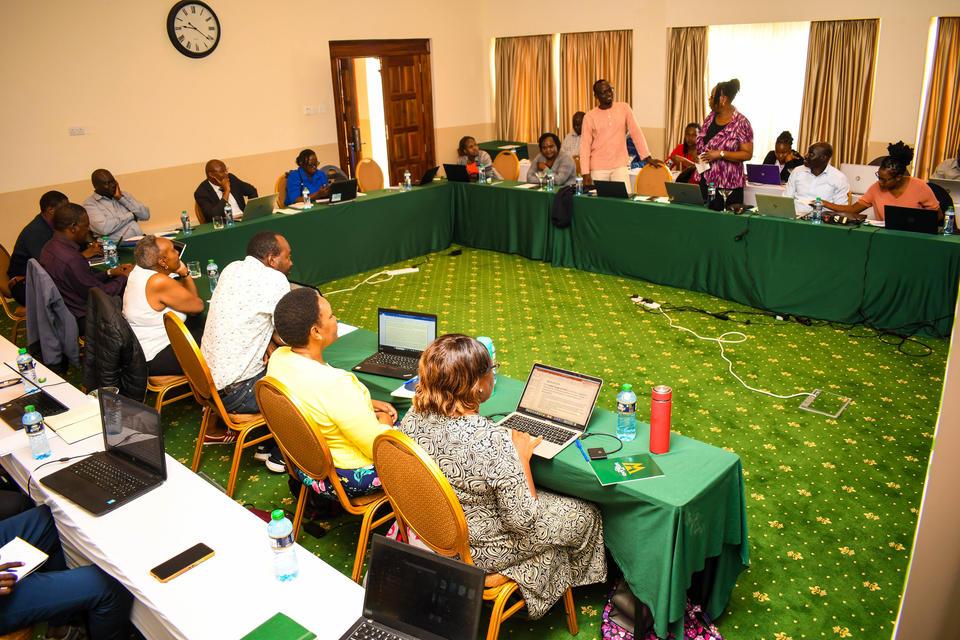Prioritizing climate action for policy inclusion: Insights from a consultative multi stakeholder workshop in Kenya
The workshop provided key insights, emphasizing the crucial link between the agricultural sector, climate action, and economic growth within the policy process. There is a dire need to sync concerted efforts between different actors to realize impactful gains and achieve the set targets in the fight against climate change nationally and internationally. This workshop was co-financed by the Alliance
Prioritizing climate action for policy inclusion: Insights from a consultative multi stakeholder workshop in Kenya

The workshop provided key insights, emphasizing the crucial link between the agricultural sector, climate action, and economic growth within the policy process. There is a dire need to sync concerted efforts between different actors to realize impactful gains and achieve the set targets in the fight against climate change nationally and internationally. This workshop was co-financed by the Alliance of Bioversity International and CIAT through the AICCRA project, Biovision Foundation and Deutsche Gesellschaft für Internationale Zusammenarbeit (GIZ) with excellent coordination by the Kenya Climate Smart Agriculture Multistakeholder Platform and Kenya’s Ministry of Agriculture Livestock Development (MoALD).
The Climate Change (Amendment) Bill 2023 offers an opportunity to bridge a gap and foster active engagement and participation in carbon markets1 through the endorsement and ratification of the Climate Change Act 2016. The act provides a regulatory framework for enhancing response to climate change. It aims to establish unique objectives that resonate with the overarching goals of the Paris Agreement, particularly on low-carbon development. The NCCAP 2018-2022, the second 5-year nationwide sectoral Plan, was a roadmap for Kenya’s climate change initiatives. It builds upon the progress made during the implementation of the previous NCCAP 2013-2017 and outlines measures to address the emerging issues to support the achievement of Kenya’s Nationally Determined Contribution (NDC). These measures included enhanced abatement of greenhouse gases emission of 30 % to 32% by year 2030, integrating climate change adaptation into the government’s planning processes, and implementing adaptation actions. The workshop proceedings, therefore, focussed on a) reviewing NCCAP II, b) setting targets for NCCAP III, which covers 2023-27 and c) finance and budgeting.
NCCAP III will be integral in implementing Kenya’s updated NDC (2020) and actualizing the outcomes of the National Long-Term Low Emission Development Strategy 2022-2050.

